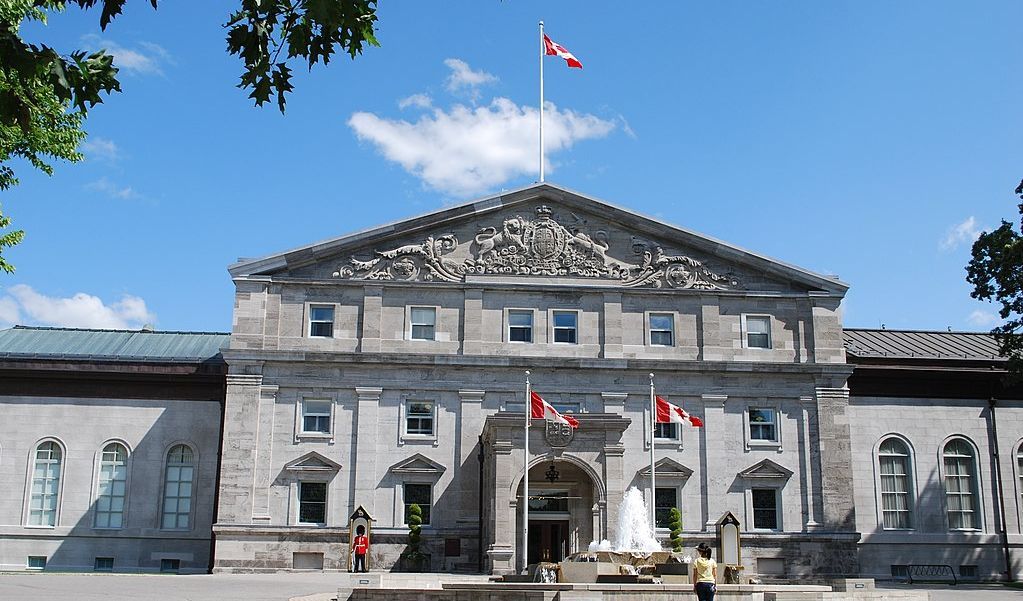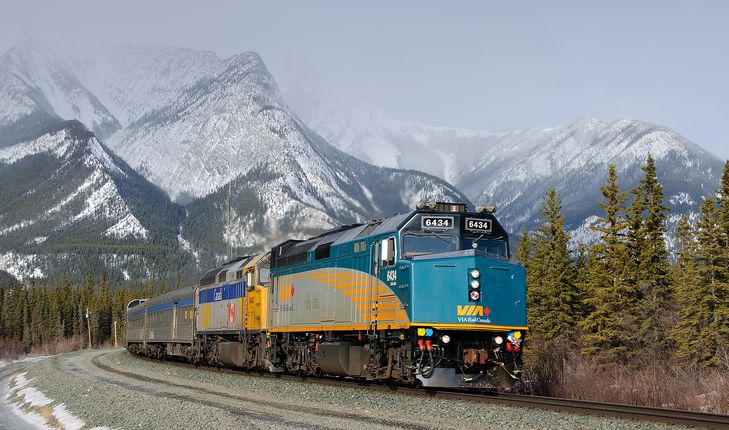I was laid-off this St. Patrick’s day. I’m a bartender. March 17 was supposed to be the busiest night of the year, and was supposed to be a welcome boost to my, and many others’ incomes. Instead, Vancouver – wisely – decided to shut down all bars and restaurants to combat the spread of COVID-19.
In the weeks leading up the shut-down there was a definite unease in the air, the irony being that during that time people were drinking more. I became acutely aware of just how many things you touch as a bartender. It’s like the main thing you do; you touch stuff and then give it to other people so that they can put it in their mouth. What I’m saying is that, when it comes to spreading illness, my line of work is maybe one step below professionally sneezing in people’s faces. When you consider this, it becomes even more galling how many bars and restaurants kept up a “business as usual” attitude until they were told to stop. This, in microcosm, is why capitalism is not only unsuited to deal with this crisis, but in fact incentivizes the exact opposite behaviors we want to see right now. I was just as wrapped up in it as anyone else; if I had been allowed to keep working, I would have, because I need to. As it stands I’m in a highly precarious place financially right now – the Liberal’s promised relief will hopefully cover my bills, but as it stands I’m in limbo until April 6, and there are a lot of uncertainties in the coming months. I’ve tried to figure out how to bartend from home, but so far I only have one customer and he doesn’t tip.
The worst part about all this is that, under better circumstances, I would really enjoy being unemployed and stuck indoors. I’ve been given a gift of almost unlimited free time. If it weren’t for the backdrop of impending financial ruin and widespread human misery, I’d be having a great time right now.
When I was laid off I was given about three hours notice. Serving, bartending, and other industry work is already precarious as is. It’s rare to get employee benefits for front of house staff, and usually hours are limited to part-time, so most people have to work multiple jobs, with often unpredictable and conflicting scheduling. Beyond that, the reliance on tips for, honestly, most of our income means that during a slump in the season, your earnings can all but evaporate. All of this is to say, very few industry workers have saved enough to last them through this pandemic. It is still unclear how much longer physical distancing measures will be in effect. And, they should stay in place as long as is necessary. But, that means for a lot of folks there’s going to come a time when there’s too much month at the end of the money.
I, like many many others, am in the process of filing for E.I. and other kinds of financial assistance. It is impossible to say how much relief this will actually bring to working people. There is a lot of anxiety that comes with that kind of uncertainty. The promised aid may get us through the next few months, but then the really scary question pops up: what comes after?
What comes after we try to go back to normal? What will the new normal be? After the 2008 financial collapse normal changed significantly – mass layoffs meant that people who kept their jobs were now doing the work of three or four people, and yet, once the economy recovered, things just kind of stayed that way, because it meant more productivity with lower wages. Once we’re through the thick of this pandemic, when we finally get to go outside again, what kind of new normal are we going to see?
I want to see one that’s better for working people. For grocery store workers, healthcare workers, and every worker in an essential service right now, putting themselves in harm’s way to make sure people’s needs are still met, they deserve a better normal. What this crisis has put in clear relief, is that it is workers, fundamentally, who keep society together. The food in my pantry isn’t there because of Jeff Bezos; it’s there because of workers. We would all do ourselves well to remember that – it will still be true long after this crisis is over.




